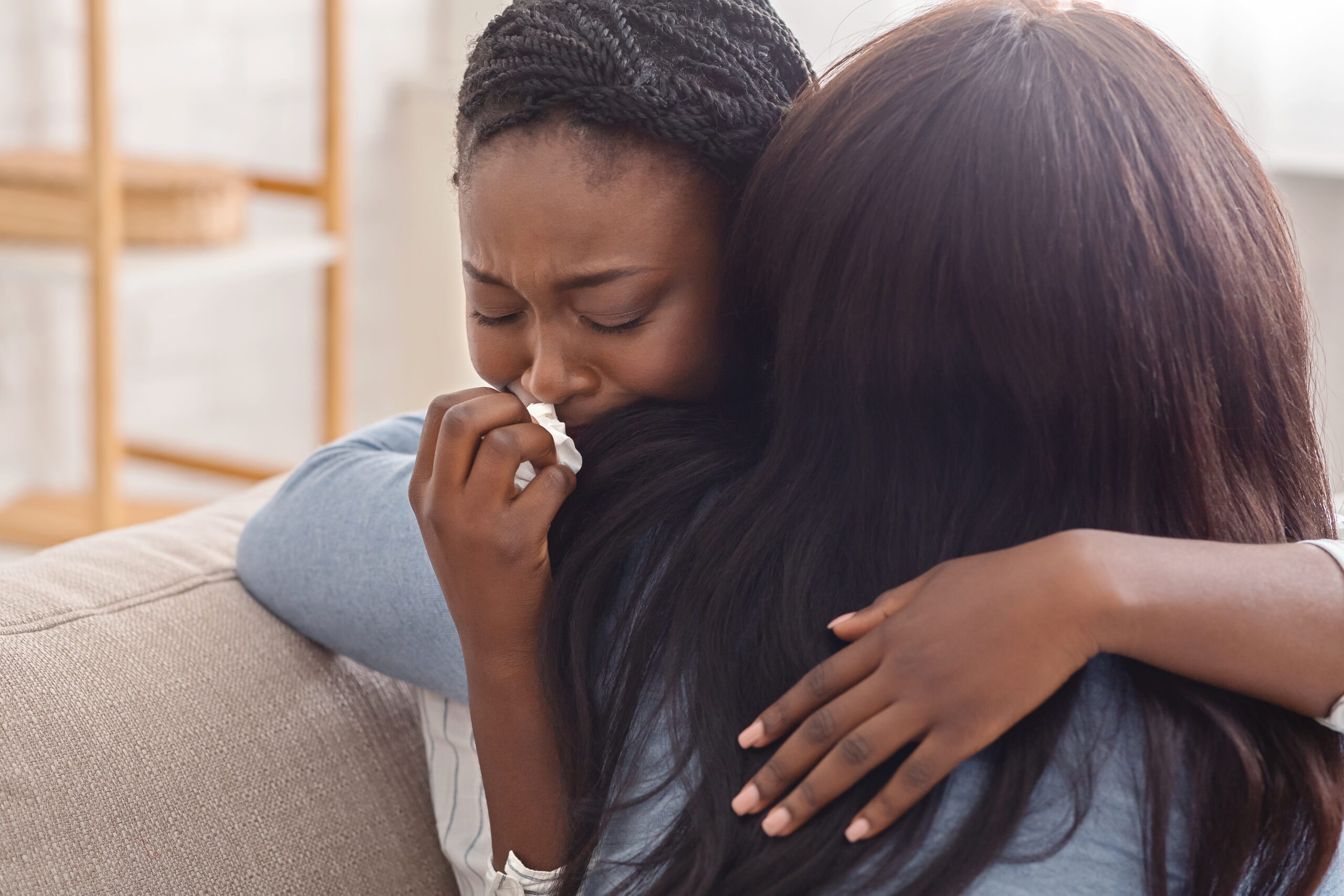
When someone dies, or when we face a significant loss, it’s natural to feel sad. But when grief becomes so intense it interferes with everyday life, you shouldn’t try to navigate it alone. As Grief Awareness Day approaches on August 30, the Traditions Health team shares the importance of knowing when to seek extra support.
Understanding complicated grief
When you’re mourning, it’s normal to feel depressed, angry, or even numb. It’s also common to experience physical issues like fatigue, insomnia, lowered immunity, or weight changes. It’s also important to remember that everyone’s experience of grief is different.
Although there’s no prescribed timeline, you should sense that you’re making gradual progress with grief as you accept the loss over time. Still, it’s normal for intense feelings to come and go, especially with certain triggers like holidays or birthdays.
But when feelings of deep mourning don’t ease over time, you may be experiencing complicated grief, which is the clinical name for prolonged grief disorder.
According to the National Hospice and Palliative Care Organization, complicated grief is when “the intensity and duration of grief is prolonged and interferes with a person’s ability to function.”
According to the National Institutes of Health, some of the common symptoms of complicated grief are:
- Avoiding things or places that remind you of your loved one
- Feeling recurring anger or bitterness over the death
- Feeling that life is meaningless without your loved one
- Having intrusive thoughts or images of your loved one
- Longing intensely for the person who died
- Questioning, worrying, or ruminating about aspects of the loss
Prolonged experiences of these symptoms can disrupt your daily life, impact your relationships, and eventually lead to depression.
According to the National Institute of Mental Health, signs of depression may include:
- Changes in eating or sleeping
- Difficulty concentrating
- Fatigue and lack of energy
- Feelings of sadness or numbness
- Feelings of hopelessness or pessimism
- Inability to perform normal daily activities
- Loss of interest in hobbies and activities you usually enjoy
- A pervasive sense of guilt, worthlessness, or helplessness
- Preoccupation with dying
- Thoughts of suicide
If you’re struggling with complicated grief or depression, it’s important to reach out for support. You can start by calling on a family member or close friend, but professional options can provide valuable assistance and insights.
Resources that can help
If you feel hopeless or suicidal, seek medical attention immediately. Call 911 or call or text the suicide and crisis lifeline at 988. To cope with complicated grief or depression, you can call on one or several professional sources of support.
Bereavement services
Bereavement services, like those offered at Traditions Health, are a comprehensive support system for people who are grieving. They can provide coping strategies, validation, and long-term support so you can heal.
Bereavement services may include:
- Counseling to help you process the emotional and physical effects of grief.
- Grief education to teach you healthy strategies and encourage self-care.
- Memorial services and remembrances to celebrate your loved one’s life with photo albums, memory boxes, and more.
- Peer support to connect you with an empathetic community.
Faith-based leaders and groups
Your church or faith community may have a grief support group or suggestions of books, prayers or rituals that can help you move forward. Spiritual leaders and pastors can also offer personal guidance.
Grief coach
Although these aren’t licensed professionals, they are compassionate individuals who can provide direction as you learn to live with your loss.
Support groups
You can choose groups that meet in person nearby or for online gatherings. These empathetic communities offer a safe place where you can share experiences.
Therapists or counselors
Working one-on-one with a trained professional can enable you to process intense emotions. Having an understanding person who can listen and offer counsel can be a valuable way to heal and move forward.
Beginning your journey
Traditions Health has a bereavement support team that’s dedicated to providing the compassionate care you need. We’re ready to listen, hold your hand, and share advice to help you heal and begin to feel better. Learn more.